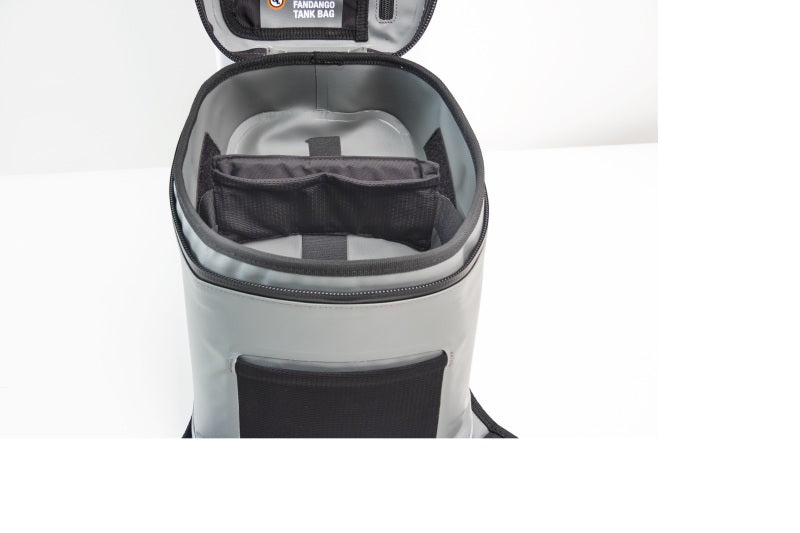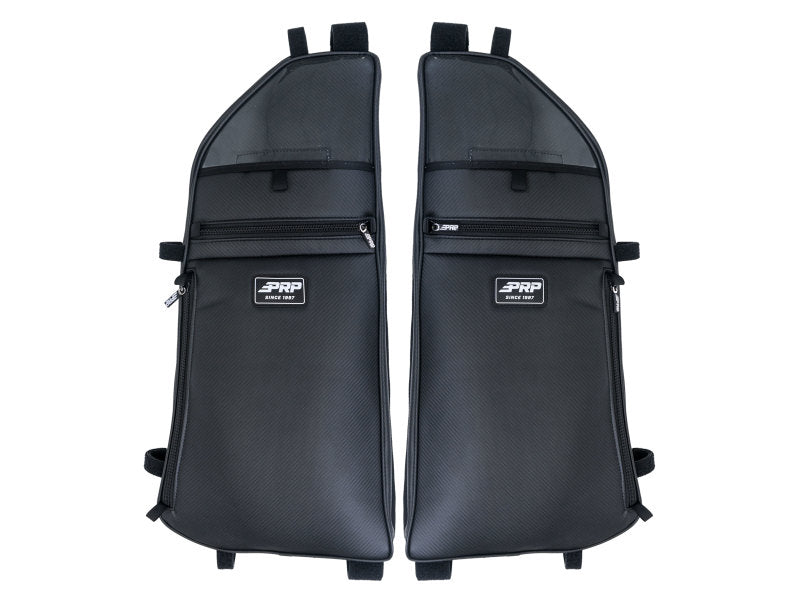Your engine will tell you when valve cover gaskets are failing - you just need to know what to look for. Watch out for oil drips and stains around your engine, mainly near the valve cover. If you smell burning oil or see smoke coming from under the hood, that’s a bad sign. Oil showing up around spark plugs is another red flag you shouldn’t ignore. Your engine might also get louder, run less smoothly, or heat up more than usual when these gaskets start to fail. Taking a quick look at your engine now and then helps catch these problems early, saving you from bigger headaches and costly fixes down the road. Knowing these warning signs is key to keeping your engine healthy.
Key Takeaways
-
Oil leaks appearing as drips or puddles under your vehicle are the most common and visible sign of valve cover gasket failure.
-
Burning oil smell, especially after parking, indicates oil leaking onto hot engine components through failed gaskets.
-
Smoke coming from the engine area suggests oil is burning due to gasket failure letting it reach high-temperature surfaces.
-
Oil contamination around spark plug wells points to deteriorating valve cover gaskets allowing oil to seep into these areas.
-
Increased engine noise and rattling sounds can indicate insufficient oil reaching valve components due to gasket failure.
Understanding Valve Cover Gasket Function
The valve cover gasket works like a shield that keeps oil inside the engine and dirt outside of it. It stops oil from leaking out of the top of the engine while helping keep good oil pressure for parts that need to stay slick and smooth. Without this seal, parts would rub against each other and wear down quickly. Most valve cover gaskets last between 64,000 to 96,000 kilometers before needing replacement.
These gaskets come in different materials like cork, rubber, silicone, and mixed materials, each picked for how well they work in different engines. Cork is cheap but works well, while silicone can handle very hot temperatures. A properly maintained gasket helps ensure reliable power delivery throughout your engine’s operation.
To work right, the gasket needs to be put in carefully - the surfaces must be clean, and the bolts tightened just right. Beyond keeping oil in, the gasket also helps make the engine quieter by keeping oil splashes contained above the valves.
Common Causes of Gasket Failure
Valve cover gaskets break down for many linked reasons involving how they’re used, fitted, and made. These important seals can fail when they’re not put in right, when they face harsh conditions, or when they’re not looked after properly.
-
Bolts that are too tight or too loose stop the gasket from sealing properly.
-
Dirty or rough surfaces and wrong use of sealant make gaskets fail early.
-
Hot and cold changes wear down the gasket material faster.
-
High engine pressure and blocked air vents put extra strain on seals.
Infrequent oil changes can deplete essential additives that protect gasket materials.
Using quality motor oil helps extend gasket life and prevents premature deterioration.
Cheap materials and sloppy installation work greatly cut down how long gaskets last.
Dirty oil and poor upkeep speed up the damage.
When these problems mix with physical stress from bent valve covers or wrong bolt tightness, gaskets are bound to fail.
Early Warning Signs
Watch for signs that point to failing valve cover gaskets to stop engine damage and big repair bills. The first sign you’ll often see is oil dripping down the engine and making puddles under your car.
Look for oil-stained spots around the valve cover and cylinder head - these spots usually gather dirt and grime.
Pay attention to burning smells when oil touches hot engine parts, engine problems from oil-soaked spark plugs, and oil warning lights on your dash.
When you check the gaskets, look for breaks, tears, and hard, brittle spots.
A properly functioning cooling system helps prevent gaskets from deteriorating prematurely due to excessive heat.
Keep track of your oil levels - if you need to add oil often, your gaskets might be failing.
If you notice several of these signs together, get help right away to protect your engine from damage caused by low oil or too much heat.
The service costs can range from $169 to $1,905 depending on your vehicle make and model.
Engine Performance Impacts
Leaking valve covers can start a chain of serious engine problems. When oil leaks through bad gaskets, the engine runs worse because parts don’t get enough oil and rub against each other too much. You’ll notice the engine losing power, running rough, and sometimes missing or skipping. Sealing surfaces deteriorate over time, leading to more severe oil leaks. A properly sealed air intake system helps maximize engine performance even with minor oil leaks.
-
Low oil makes the engine run hot and wear out faster.
-
Oil getting into the fuel mix makes the engine burn fuel poorly.
-
Parts rubbing together too much makes the engine weaker.
-
The engine gets louder when valves don’t get enough oil.
These problems add up quickly, shortening engine life and making it less reliable. If you ignore them, the engine could break down completely.
Fixing these issues early keeps your engine running strong and prevents bigger damage.
Cost of Delayed Repairs
Putting off valve cover gasket fixes can make repair bills grow much bigger over time. Basic repairs usually cost between $250 to $800, but waiting too long can wreck your engine and force you to buy a new one.
When planning repairs, think about both today’s costs and what you might have to pay later.
The biggest jump in costs happens when oil leaks hurt key engine parts. When oil keeps leaking, the engine runs low on oil and parts start wearing down, which can make the engine stop working.
Oil that drips onto hot engine parts can also start fires, which can destroy your car. While fixing a gasket might only cost $100 at first, ignoring the problem can lead to much more expensive repairs down the road.
Professional Vs DIY Replacement
Fixing a valve cover gasket means choosing between taking your car to a shop or doing it yourself.
Shops have special tools and know-how, plus they back up their work. Doing it yourself costs less and lets you pick the parts you want.
Before deciding, think about:
-
How hard your engine is to work on and what tools you’ll need
-
How good you are at fixing engines
-
How much time you have and how soon it needs fixing
-
Whether you have a warranty and how okay you are with things going wrong
If your engine is tricky or you’re new to car repairs, a shop is usually the safer bet.
But if you know your way around engines and have the right tools, fixing it yourself can save money - just make sure to tighten everything properly and work safely.
Maintenance Best Practices
Keeping valve cover gaskets in good shape requires a step-by-step process for checking and replacing them. Watch the bolt tightness levels, put gaskets in the right way, and use sealant correctly to make them work well and last longer.
|
Maintenance Task |
Frequency |
Important Checks |
|
Bolt Tightness |
Monthly |
Check proper levels |
|
Look-over |
Every 3 months |
Watch for oil leaks |
|
Gasket Check |
Yearly |
Look for wear |
Good upkeep means watching oil levels often and looking for leaks around the valve cover. When putting in new gaskets, clean the metal surfaces well, line everything up right, and only use RTV sealant where the maker says to. Follow the right order when tightening bolts and don’t make them too tight - this helps stop gaskets from breaking early and keeps the engine running well.
Choosing Quality Replacement Parts
Picking good replacement valve cover gaskets means looking at several key points to keep your engine running well for a long time.
When looking at different brands, stick with makers known for checking their parts well and helping customers when needed.
-
Pick strong gasket materials like silicone, rubber, or cork that match factory standards and stand up well to heat, oil, and everyday use.
-
Make sure the part fits your car perfectly - check the make, model, year, and engine type.
-
Buy from well-known makers who back their parts with good warranties.
-
Think about all the costs, including what you’ll pay for installation and future upkeep.
Better gaskets might cost more at first, but they last longer and work better, saving you money over time.
Prevention Through Regular Inspection
Regular checks of valve cover gaskets are crucial for preventing major engine issues and costly repairs. Setting up a systematic engine inspection routine that includes examining the valve cover area for oil spots, drips, and damage is essential for maintaining your vehicle’s health.
For a more detailed understanding of engine maintenance indicators, you might want to check out what are the signs that your air filter needs replacing and learn about the role of mass air flow sensors, as these components work together with your valve cover system.
During inspections, it’s important to check for any loose or missing bolts on the valve cover and examine if oil has penetrated the spark plug wells. To maintain gasket integrity, follow recommended oil change intervals, prevent engine overheating, and ensure proper valve cover bolt torque specifications.
Stay alert for warning signs such as oil leaks around the valve cover, burning oil odors, or smoke emerging from under the hood. Early detection of these issues through consistent monitoring helps prevent more serious engine problems and extends gasket lifespan.
Long-Term Engine Protection Strategies
To keep your engine running well for many years, you need good maintenance habits that help protect the valve cover gasket and engine parts. Changing your oil on time keeps gaskets from wearing out while keeping the engine clean and well-oiled.
Watching the engine’s temperature and checking coolant levels stops overheating that can harm gaskets.
-
Always tighten valve covers exactly as the maker says
-
Keep an eye on engine heat to protect gaskets
-
Change oil when needed to keep gaskets strong
-
Fix small leaks right away before they get worse
Getting things done right, along with regular upkeep, helps stop gaskets from failing too soon. When you follow these steps, your engine will run its best and you’ll avoid big repair bills from gasket problems.
Frequently Asked Questions
Can Driving in Extreme Weather Conditions Affect Valve Cover Gasket Lifespan?
Harsh weather can seriously damage valve cover gaskets over time. Hot and cold extremes can weaken the gasket material, while storms and rough conditions put extra strain on the engine. This added stress makes the gaskets wear out faster and break down sooner than they should.
Are Certain Car Brands More Prone to Valve Cover Gasket Failures?
Car makers like BMW, Honda, and Subaru tend to have more problems with leaky valve cover gaskets. Research shows these brands deal with broken gaskets more often than many other car companies.
Will Using Synthetic Oil Help Extend Valve Cover Gasket Life?
Synthetic oil helps valve cover gaskets last longer because it handles heat better, breaks down more slowly, and keeps the engine cleaner than regular oil. This makes it a smart choice if you want your gaskets to stay in good shape.
How Long Does a Typical Valve Cover Gasket Replacement Procedure Take?
A valve cover gasket swap usually takes about 3 hours to finish, but this can take longer if your engine is tricky to work on or has many parts in the way. Mechanics suggest setting aside extra time to remove nearby parts and clean the surfaces well before starting.
Can a Faulty PCV System Contribute to Premature Gasket Wear?
A bad PCV system can quickly damage gaskets by building up too much pressure in the engine. This extra pressure pushes oil where it shouldn’t go and puts too much stress on engine parts, making them wear out and break down too soon.
Conclusion
Maintaining functional valve cover gaskets remains critical for ideal engine performance and longevity. Regular inspection protocols from Gexhaust, coupled with immediate attention to early warning signs, can prevent costly repairs and engine damage. Quality replacement parts, proper installation techniques, and adherence to manufacturer maintenance schedules considerably reduce the risk of gasket failure. Implementing extensive preventive maintenance strategies protects the engine’s integrity and guarantees reliable vehicle operation over time. Contact us for professional guidance on valve cover gasket maintenance and replacement.





